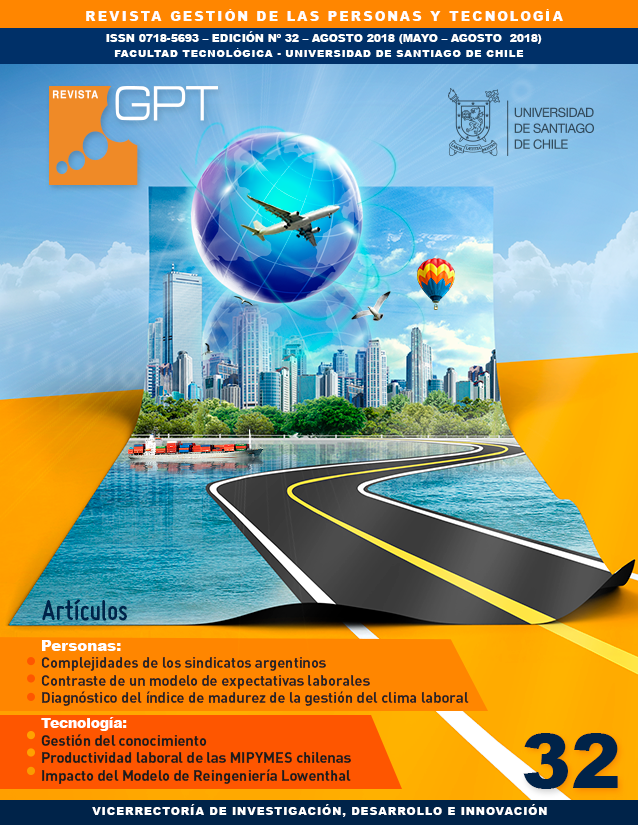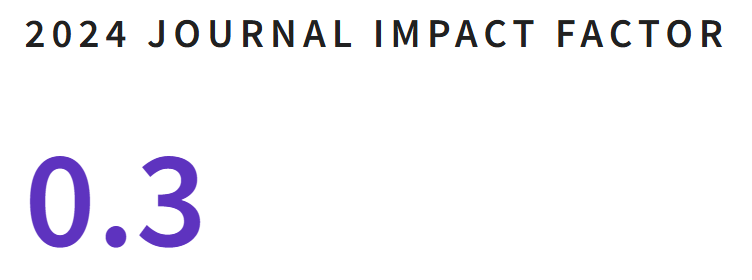Complexities of the Argentinian trade unions in the recent past: between the class alliance and the class struggle
DOI:
https://doi.org/10.35588/mtwff787Keywords:
Historia reciente, sindicatos argentinos, alianza de clases, lucha de clasesAbstract
The purpose of this paper is to characterise the trade unions in Argentina between late 1960s and the crisis of 2001, particularly it focuses on the role of the union leadership of the General Labour Confederation (CGT for its Spanish acronym). This study is based on secondary sources and it proposes an analytical path through the main historiographical discourses of national and international literature in two periods of
Argentina recent past in the light of the positions of its trade union actors: 1968-1982 and 1983-2001.
To approach to the complexities of trade union dynamics, the paper uses two heuristic categories: class alliance/dialogue and class struggle/conflict, based on the political and ideological conceptions of Argentinian trade unions. The first one is called “peronist" and has a tendency to class alliance and to the bargain with other social actors. The second one is called “classist” and it is identified with a left political position that tends to the class struggle.
Downloads
Additional Files
Submitted
2018-07-31Published
Issue
Section
License
Copyright (c) 2018 Revista Gestión de las Personas y Tecnología

This work is licensed under a Creative Commons Attribution 4.0 International License.










